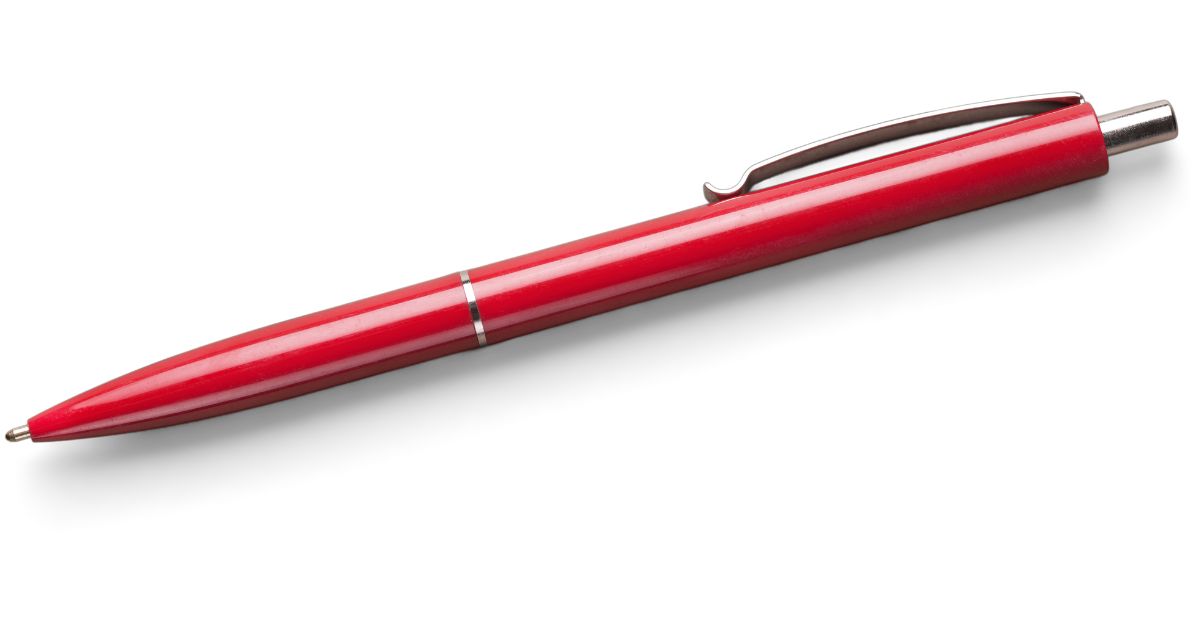Academic writing requires precision, clarity, and structure. However, even the most experienced writers can fall victim to common mistakes that undermine the quality of their work. In this article, we will explore some essential tips to help you avoid the most frequent errors in academic writing, ensuring that your work is clear, concise, and impactful.
1. Understand the Assignment
One of the most common mistakes in academic writing is misunderstanding the assignment or the question being asked. Before you begin writing, it is crucial to carefully read the assignment prompt or guidelines.
Break Down the Assignment
Take time to break down the task into smaller parts. Identify the key requirements and make sure you understand what is expected. This will help you stay focused on the topic and avoid writing off-topic or irrelevant content.
Clarify Expectations
If you are unsure about any aspect of the assignment, don’t hesitate to ask your professor or instructor for clarification. Knowing exactly what is expected will help you stay on track and produce a paper that meets the requirements.
2. Avoid Plagiarism
Plagiarism is one of the most serious mistakes you can make in academic writing. Failing to properly cite sources or using someone else’s work without attribution can have serious consequences.
Cite Your Sources
Always give credit to the original authors when you use their ideas, research, or direct quotes. Different academic disciplines use different citation styles (e.g., APA, MLA, Chicago), so make sure you follow the correct format for your assignment.
Paraphrase Effectively
If you are paraphrasing someone’s ideas, make sure you rewrite them in your own words and still cite the source. Avoid copying and pasting text, even if you change a few words, as this can still be considered plagiarism.
3. Maintain a Formal Tone
Academic writing should always maintain a formal tone. One common mistake is using informal or conversational language that is not appropriate for scholarly writing.
Avoid Slang and Colloquialisms
Refrain from using slang, contractions (e.g., “don’t,” “can’t”), or overly casual phrases in your academic papers. Instead, use clear, formal language to convey your ideas.
Use Third-Person Perspective
Unless otherwise specified, academic writing should generally avoid using the first-person (“I” or “we”). Instead, use third-person voice to maintain objectivity and formality. For example, instead of writing “I think the results are significant,” write “The results indicate significant findings.”
4. Be Clear and Concise
Another common mistake in academic writing is being unclear or overly verbose. Academic writing should be precise and to the point, avoiding unnecessary complexity or wordiness.
Eliminate Wordiness
Avoid using too many words when fewer will do. For example, instead of saying “Due to the fact that,” you can simply write “Because.” Keep your sentences concise and focused on the main idea.
Use Simple Language
While academic writing often requires complex ideas, this does not mean that your language needs to be complex. Use simple, clear language to express your ideas and avoid convoluted sentence structures.
5. Structure Your Writing Effectively
A common error in academic writing is poor organization. Without a clear structure, your writing can become confusing or difficult to follow.
Create an Outline
Before you start writing, create an outline to organize your thoughts. Break your paper into sections: introduction, body paragraphs, and conclusion. This will help you stay on track and ensure that each part of your essay serves a clear purpose.
Use Paragraphs Wisely
Each paragraph should focus on one main idea. Start with a topic sentence that introduces the point, followed by supporting sentences with evidence or examples. Conclude with a sentence that ties the paragraph back to your main argument.
6. Avoid Grammar and Punctuation Mistakes
Even minor grammar and punctuation errors can make your writing appear sloppy and unprofessional. One of the easiest ways to improve your academic writing is by focusing on grammar and punctuation.
Proofread Carefully
Always proofread your work before submitting it. Look for common errors such as subject-verb agreement, comma splices, and run-on sentences. Consider reading your work aloud to catch mistakes you might overlook while reading silently.
Use Grammar Tools
Tools like Grammarly or Microsoft Word’s built-in spelling and grammar checker can help you catch errors. However, these tools are not foolproof, so be sure to review your work yourself as well.
7. Avoid Repetition
Repetition of words or ideas can weaken your writing and make it feel redundant. Make sure each sentence adds value and doesn’t simply restate what was already said.
Vary Your Vocabulary
Using a thesaurus can help you find synonyms and avoid repeating the same words too often. However, be cautious when using synonyms; ensure they fit the context and meaning of your original sentence.
Stay Focused on Your Thesis
Every paragraph should support your thesis statement, and each sentence should contribute to the argument you are making. Avoid repeating the same ideas or information in multiple sections of your paper.
8. Revise and Edit
The final step to avoiding common mistakes is to revise and edit your work. This allows you to improve the clarity, flow, and accuracy of your writing.
Take Breaks Between Writing and Editing
After finishing your draft, take a short break before beginning the editing process. This will allow you to approach your work with fresh eyes and catch mistakes that you might have missed earlier.
Get Feedback
It can also be helpful to get feedback from someone else—whether a peer, tutor, or professor. They may notice issues with your writing that you overlooked and offer valuable suggestions for improvement.










